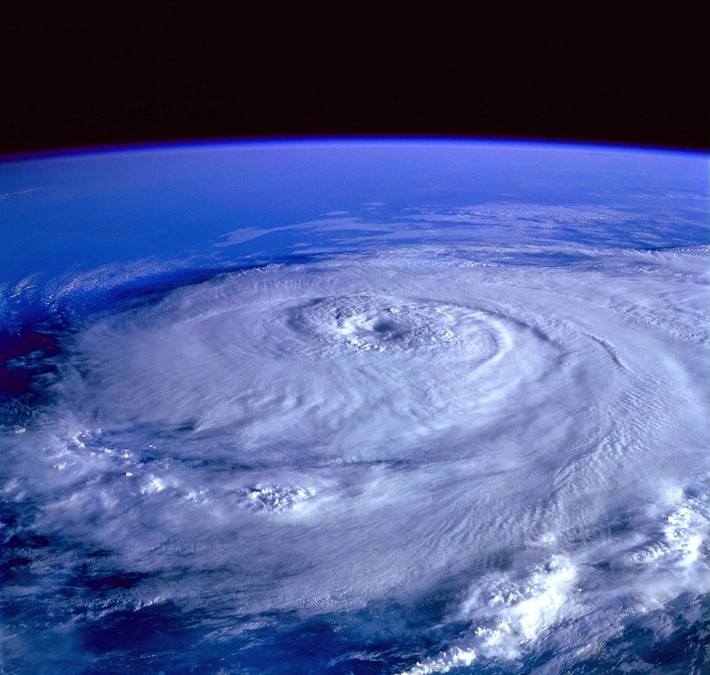Preparing for Disaster
In light of recent natural disasters in Texas, Florida and Puerto Rico, more people around the nation have focused on preparing their own families for such an occurrence. Floods, fires and tornadoes can destroy a community as fast as hurricane winds. No matter where you live, you need to prepare for possible problems ahead.
Seniors
For seniors, medical issues loom large during a disaster. They are often dependent on multiple daily medications and medical equipment, such as oxygen tanks and electric wheelchairs. If you live with a senior who relies on electricity, then you need to invest in a generator and have enough fuel on hand to run it for several days at the very least. When Irma hit the southeast states, even some Georgians were without power for three days or more, and they didn’t take the brunt of the storm.
Medications for all family members need to be readily available, but this step is vital for the health of seniors. You can order most medications in a 90-day supply, which helps keep you prepared for trouble. State refill laws differ, but you should be able to get meds about a week before they run out. Never wait until the last minute to refill a senior’s prescription. A lack of insulin or inhalers can cause an immediate medical crisis for the elderly or anyone else in your home who needs these medications. Sometimes the government will step in and ease the refill rules when a storm is on the way, as the Governor of Florida did for Irma.
Children
Preparations for children differ a bit than those for adults. Kids need the basics – food, water, medicine – but they also need comfort items. Natural disasters terrify adults, so kids are bound to be scared and looking for reassurance. When these events threaten your area, make certain that your kids have an emergency bag packed that contains their favorite snuggly pajamas, a warm jacket, favorite toys and electronic devices that are fully charged or have new batteries. Let them choose a strong, colorful flashlight and also a few favorite books. Distractions help children fight their fear and lend an aura of normality to the hours or days that they are affected by the disaster.
Adults
When the forecasters warn of possible disaster, you need to listen to them, even if these warnings have been wrong in the past. Meteorologists make their predictions based on the best science available. Storms and fires are often unpredictable, but being ready for a disaster that doesn’t happen is far better than being unprepared for one that does. If you are told to evacuate, do it. Immediately.
You should have an adequate amount of bottled water, canned and packaged foods, candles, lighters, flashlights and hygiene items to maintain your needs for a week in case you have to shelter in place. You should also have a general evacuation plan for your family. Also, have an emergency bag packed for the adults as well as the children. In it, have copies of your insurance cards and a list of your prescription numbers. Also, print off a list of doctors covered in the evacuation area by your plan. You can find a doctor directory on your insurance plan’s website.
Many people have become dependent on debit and credit cards. When the power goes out, those cards will be useless. Keep an emergency stash of cash locked up in a home safe where you can access it quickly. You don’t want to stand in line at a bank every day.
Medications, money, food, water and fuel – if you have those items, you can survive until life returns to a semblance of normal. Don’t wait until you are warned of approaching disaster. Put together your survival plan today. That way, you will never be caught off guard by the vagaries of Mother Nature.

